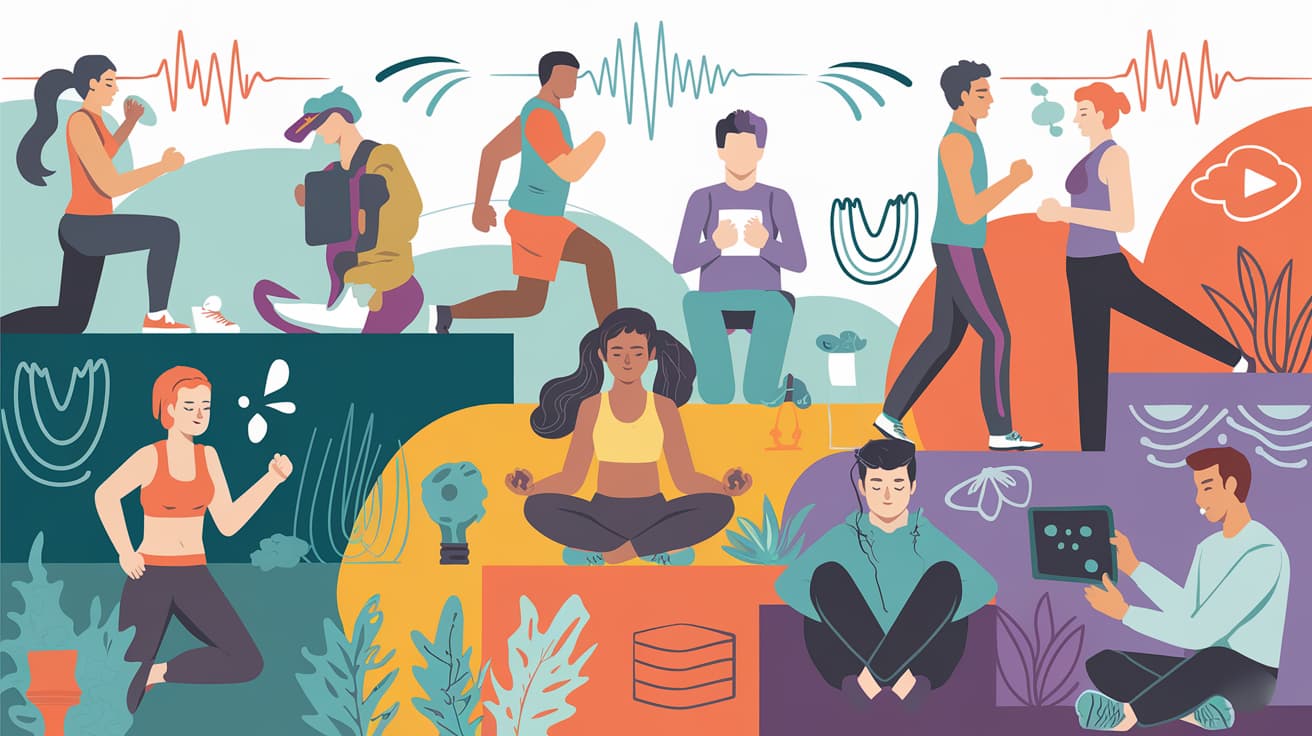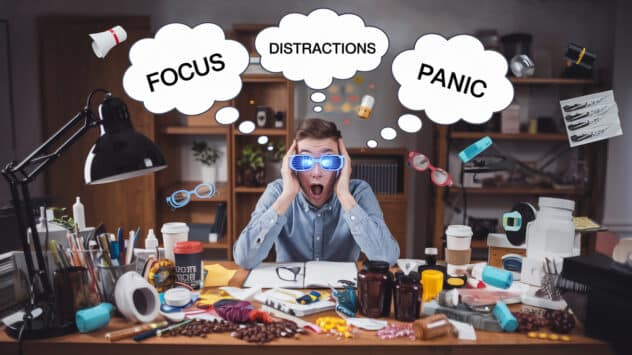10 Effective ADHD Treatment Options You Should Consider.
ADHD can feel like your brain is a browser with 47 tabs open, except you can’t figure out which one’s playing the music. Managing it can be tricky, but the good news is there’s no one-size-fits-all solution. From medication to lifestyle tweaks, there are plenty of effective ADHD treatment options that can help.
Let’s explore ten of the best approaches, so you or your loved ones can find what works best.
1. Medication
Medications like stimulants (e.g., Ritalin, Adderall) and non-stimulants (e.g., Strattera) are often the first line of ADHD treatment options. They work by improving focus and reducing impulsivity. While medication isn’t for everyone, it can be life-changing for those who respond well. Always consult with a healthcare provider to discuss options.
Unlock peak brain performance with science-backed biohacks. Join free now & get your guide for just £4.99 (45% off)!

2. Behavioural Therapy
Behavioural therapy is a practical, action-oriented approach that helps individuals with ADHD develop better habits and skills. It focuses on modifying specific behaviours, such as improving time management, reducing impulsivity, and creating routines that work.
Often used with children, behavioural therapy uses techniques like reinforcement and rewards to encourage positive actions. For teens and adults, elements of cognitive behavioural therapy (CBT) may also be incorporated to address thought patterns and emotional regulation, especially when ADHD overlaps with anxiety or depression.
3. ADHD Coaching
An ADHD coach can be like a personal trainer for your brain. They help with setting goals, staying organised, and managing life’s chaos. Coaching is particularly useful for adults juggling work, relationships, and a busy schedule.
4. Diet, Nutrition, and Supplements
What you eat matters, especially for an ADHD brain. Some people find that cutting down on sugar and processed foods helps improve focus and energy. At the same time, adding certain nutrients can provide extra support.
- Omega-3 Fatty Acids: Found in fish like salmon or as a supplement, omega-3s support brain health and cognitive function.
- Magnesium: Known for promoting relaxation and reducing restlessness, magnesium is a great addition to an ADHD-friendly diet.
- Zinc: This mineral plays a role in attention and behaviour regulation. If you’re considering a supplement, look at this easy-to-take zinc option.
Always consult a healthcare provider before making significant changes to your diet or adding supplements.
5. Exercise
Exercise isn’t just good for your body, it’s great for your brain. Activities like running, swimming, or yoga can boost dopamine levels, improving focus and mood. Even a quick 15-minute workout can help when your mind feels scattered.
6. Mindfulness and Meditation
Mindfulness practices, like meditation, can help calm the ADHD brain. Apps like Headspace or Calm offer guided sessions tailored for beginners. Regular mindfulness can improve attention, reduce stress, and help with emotional regulation.
7. Sleep Hygiene
ADHD and sleep issues go hand in hand, but getting good rest is crucial for managing symptoms. Create a consistent bedtime routine, avoid screens before bed, and try relaxation techniques to wind down. A well-rested brain is a happier brain.
8. Cognitive Behavioural Therapy (CBT)
CBT focuses on changing unhelpful thoughts and behaviours. For ADHD, it’s particularly effective for managing procrastination, self-esteem issues, and emotional dysregulation. Pairing CBT with other treatments can provide well-rounded support.
9. Assistive Technology
Smartphones, apps, and even good old-fashioned sticky notes can be game-changers. Tools like digital calendars, task reminders, and focus apps can help ADHD brains stay on track. The right tech can turn chaos into organised chaos—and that’s a win.
10. Support Groups
There’s nothing like talking to people who get it. Support groups, whether in person or online, provide a space to share experiences, learn new strategies, and feel less alone. It’s a reminder that you’re part of a community that understands the journey.
Finding the Right Combination
ADHD treatment isn’t about a single solution that works for everyone. Traditional therapies like behavioural therapy and CBT remain essential, offering structured approaches to managing ADHD’s challenges. However, incorporating complementary strategies—like mindfulness, dietary changes, or assistive technology—can often enhance these outcomes.
It’s important to work closely with therapists and healthcare providers to design a plan that works for you or your loved ones. Combining expertise with practical strategies ensures the best chance of success.
Join Our Community for ADHD Treatment Options
Curious about ADHD treatments or looking for more resources to support neurodivergence? Join our community for tips, advice, and conversations with others on the same journey.







